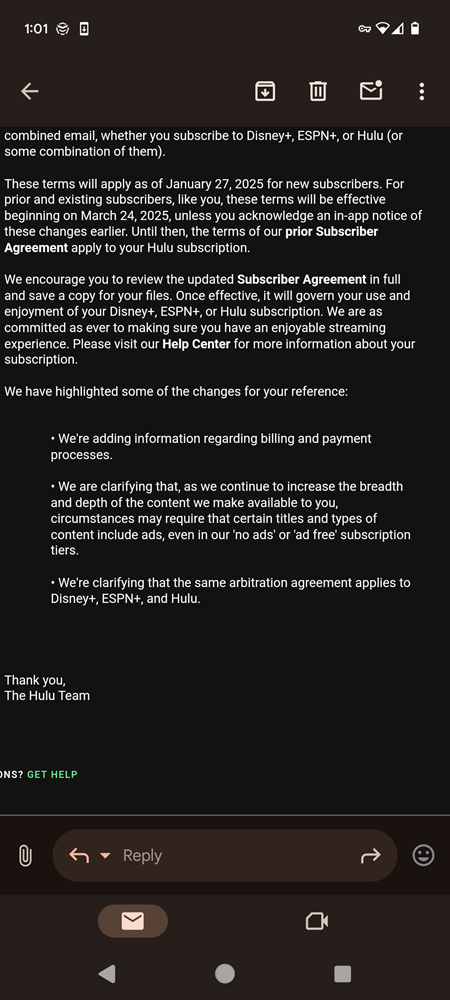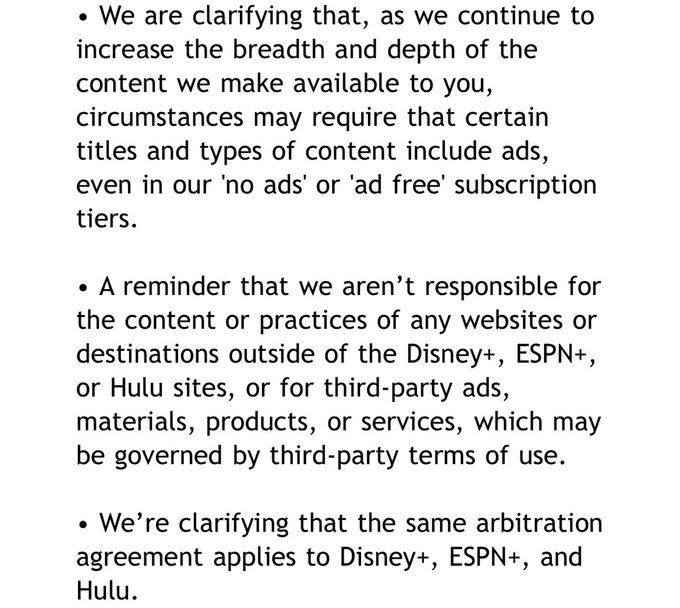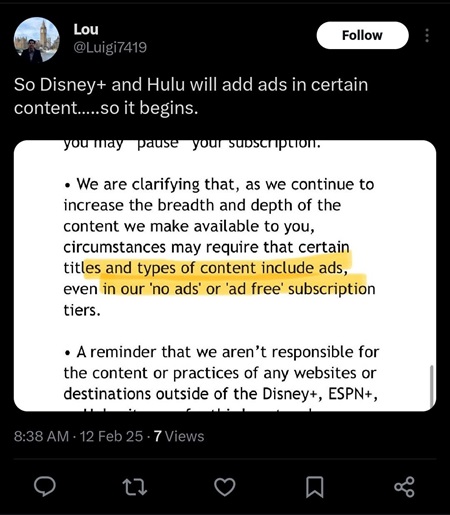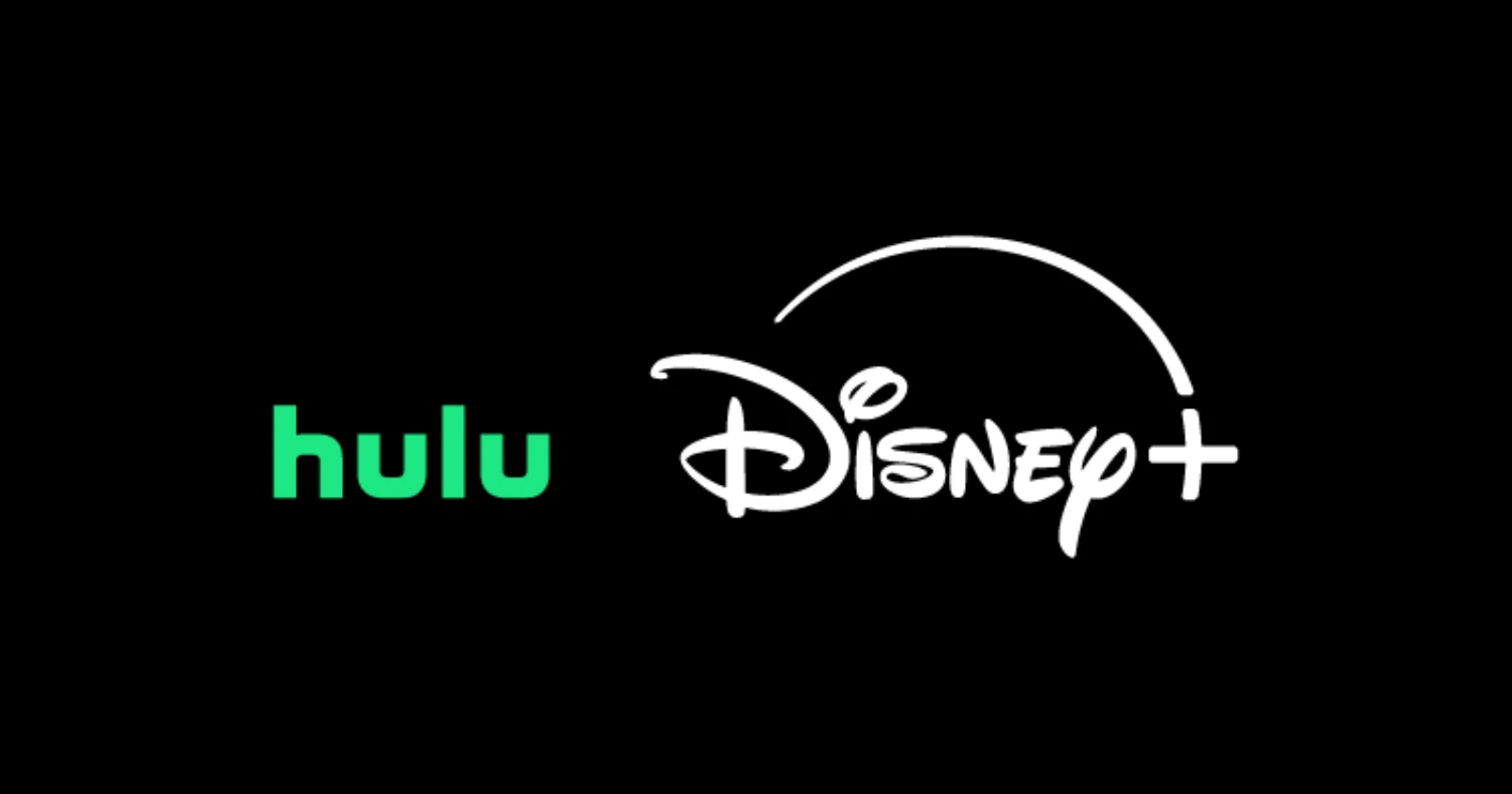Back in October, Hulu acknowledged an issue where ads were mysteriously playing on its “No Ads” tier and assured users it was looking into it. Fast forward to 2025, and the situation has taken a turn that no one was expecting — Hulu isn’t just letting ads slip through anymore; it’s openly admitting they’re part of the deal now.
In a recent email to subscribers, Hulu dropped a bombshell: even their “ad-free” tier might not be so ad-free after all. The email, which outlines updates to Hulu’s Subscriber Agreement, reveals that certain titles and types of content may now include ads — even for those who’ve shelled out extra for the ad-free experience. The changes, set to take effect for existing subscribers on March 24, 2025, have sparked outrage among users who feel betrayed by the bait-and-switch. After all, isn’t the whole point of paying more to avoid ads?

This move isn’t happening in a vacuum. Disney, Hulu’s parent company, recently made similar updates to its Disney+ and ESPN+ subscriber agreements, clarifying that ads might appear during live sports and 24/7 channels, even for ad-free subscribers. Since Disney owns Hulu, it’s no surprise that the same logic is now being applied across the board. But for subscribers who signed up for an ad-free utopia, this feels like a betrayal of trust.

Social media has been ablaze with frustration. On Reddit, a post titled “Hulu clarifying that paying for ‘no ads’ actually means they’ll still show you ads anyway” has garnered over 1.1K upvotes and a flood of angry comments. Users are calling out the streaming service for what they see as a blatant cash grab, with some vowing to cancel their subscriptions immediately. One user lamented, “The second I see a single ad in a service I’m paying for specifically to avoid ads, I cancel that service immediately and forever.” Another quipped, “This is called fraud. They are committing fraud by lying for financial gain.”
Ross Benes, a senior analyst with eMarketer, points out that live programming has always been ad-supported, even if streaming services initially tried to avoid showing ads to ad-free subscribers. “There would still be a break in the content,” he explains. “That’s been one of the reasons 24/7 channels are attractive to streaming services — they don’t have to license more content. Those breaks happen at the same time for every viewer.”
But for subscribers who signed up to avoid ads entirely, this shift feels like a breach of contract. The updated agreements give streaming platforms more leeway to insert ads into content that was previously ad-free, leaving users wondering what they’re actually paying for. As Benes puts it, “Does [Disney+’s] vagueness in the [user agreement] language give them more leeway to jam ads in other places? If they do get the leeway to put ads in for ad-free viewers during certain on-demand episodes, then what are you paying for the difference?”
The frustration is palpable. Subscribers feel like they’re being nickel-and-dimed by companies that keep raising prices while chipping away at the benefits. One Reddit user summed it up perfectly: “The problem is that people just shrug their shoulders and pay it anyway. Until we actually stop treating our money like it is limitless, companies are going to keep doing this.”

So, what’s next for Hulu and its disgruntled subscribers? Some are already voting with their wallets, canceling their subscriptions in protest. Others are calling for class-action lawsuits, arguing that the changes amount to false advertising. But with Disney’s legal muscle behind Hulu, it’s unclear whether users will have much recourse.
TechIssuesToday primarily focuses on publishing 'breaking' or 'exclusive' tech news. This means, we are usually the first news website on the whole Internet to highlight the topics we cover daily. So far, our stories have been picked up by many mainstream technology publications like The Verge, Macrumors, Forbes, etc. To know more, head here.


